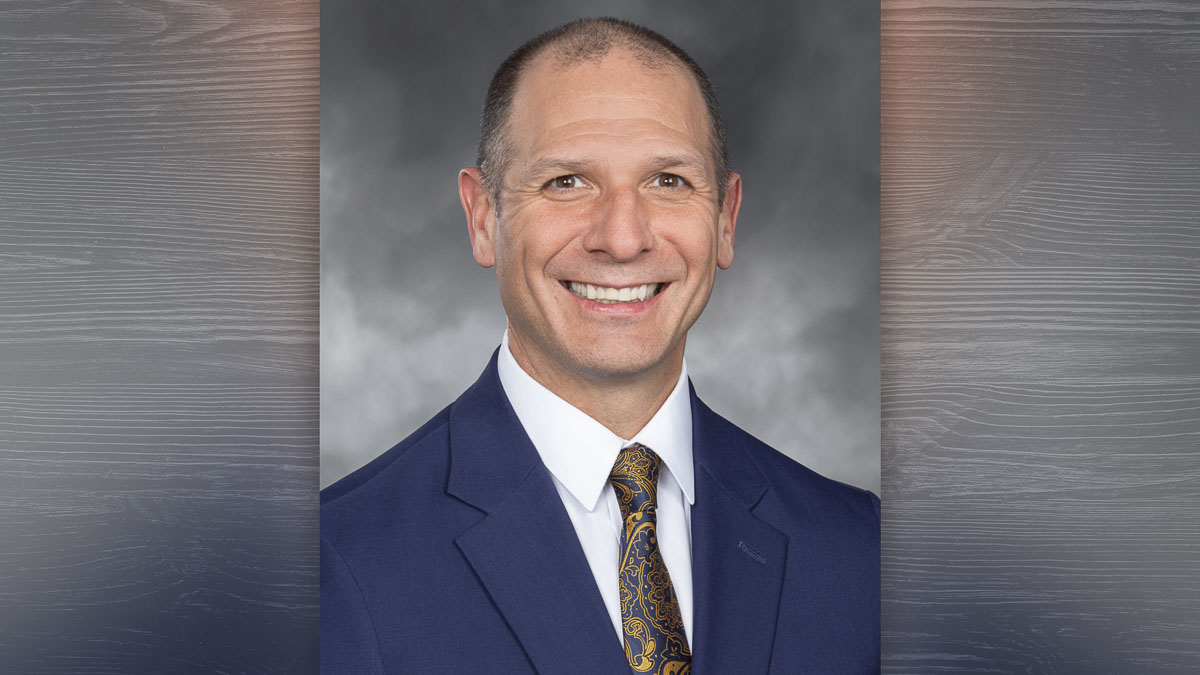
This legislation harnesses cost-saving strategies to deliver financial relief to customers and strengthen utilities’ ability to respond to future crises
With wildfires, severe storms, and other disasters impacting more Washingtonians each year, Rep. Peter Abbarno, R-Centralia, has introduced House Bill 1656 – a bipartisan solution to help utility companies recover emergency costs while protecting families and businesses from higher utility bills. This innovative legislation harnesses cost-saving strategies to deliver financial relief to customers and strengthen utilities’ ability to respond to future crises.
“This bill is about protecting ratepayers while ensuring utilities can continue to respond effectively to emergencies,” said Abbarno. “With the increasing frequency of wildfires and other natural disasters, we need tools that allow utilities to recover costs in a way that minimizes the impact on families and businesses across Washington.”
HB 1656 allows electrical, gas, and water companies to use a financial mechanism called securitization to manage certain emergency-related costs. This approach enables utilities to minimize utility bill impacts on customers by financing the costs through bonds so that emergency costs can be recovered over time rather than over a short period. The bill also requires approval from the Washington Utilities and Transportation Commission to ensure that the securitization process provides the lowest possible cost for utility customers. Additionally, it includes safeguards to maintain the financial stability of the bonds, giving investors confidence while protecting ratepayers from unnecessary risks.
“HB 1656 reflects a bipartisan commitment to balancing financial accountability, environmental stewardship, and public safety,” Abbarno added. “This legislation is a win for utility customers, emergency response efforts, and fiscal responsibility. It demonstrates how we can come together to address critical issues while protecting families and businesses from rising costs.”
The House Environment and Energy Committee is expected to hear the bill next week. To provide testimony or track its progress, visit leg.wa.gov.
Information provided by the Washington State House Republicans, houserepublicans.wa.gov
Also read:
- WA governor pressed to veto $1.8B piece of Democrats’ tax billGrocers and restaurateurs are urging Gov. Ferguson to veto a surcharge in HB 2081 that they say will raise food prices statewide.
- Letter: ‘It’s said sarcasm is the lowest form of wit’Amboy resident Thomas Schenk criticizes Olympia’s use of “emergency clauses” and other legislative tactics that limit public participation.
- Opinion: What the 2025 legislature tells us about why Washington’s government keeps failingTodd Myers of the Washington Policy Center argues that Washington’s government fails because it resists humility, experimentation, and accountability in its policymaking.
- Town hall: Republicans say they are the ones fighting for the working classFour Republican legislators gathered in Battle Ground for a town hall to address rising taxes, education concerns, and their push to support Washington’s working class.
- Pooneh Gray Files for Vancouver City CouncilPooneh Gray has filed to run for Position #1 on the Vancouver City Council, emphasizing public safety, homelessness solutions, and community justice.










